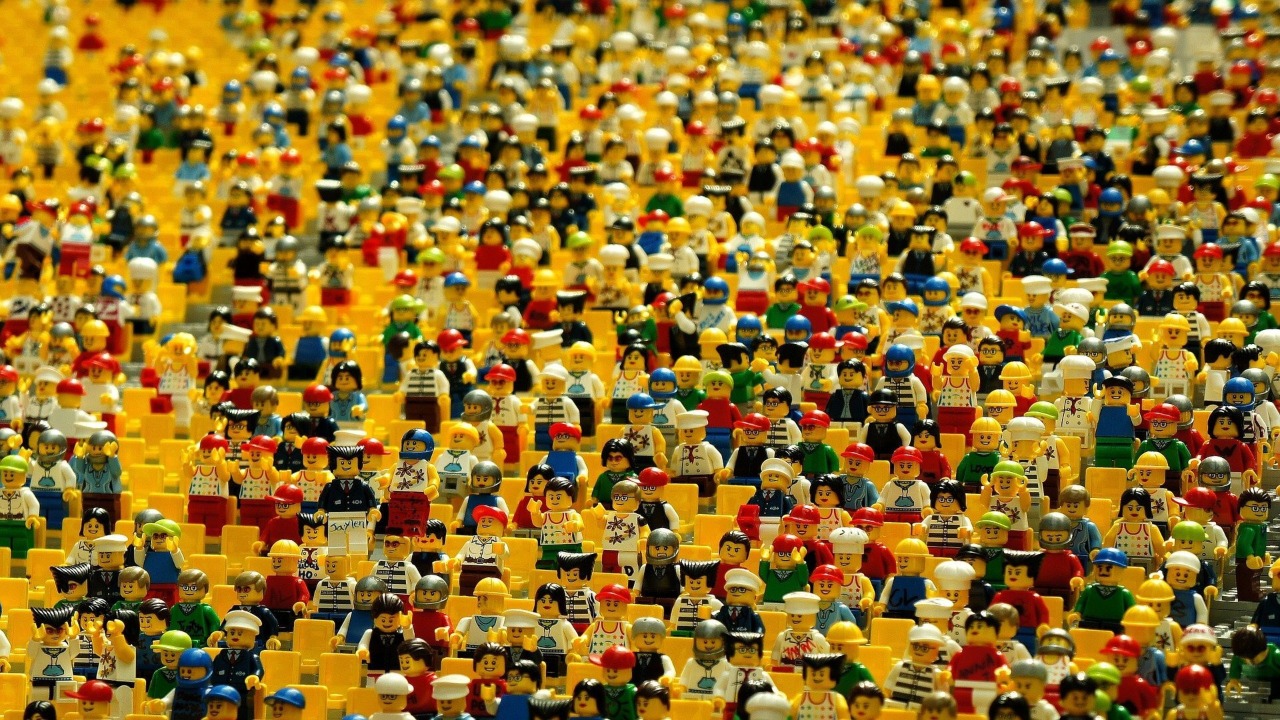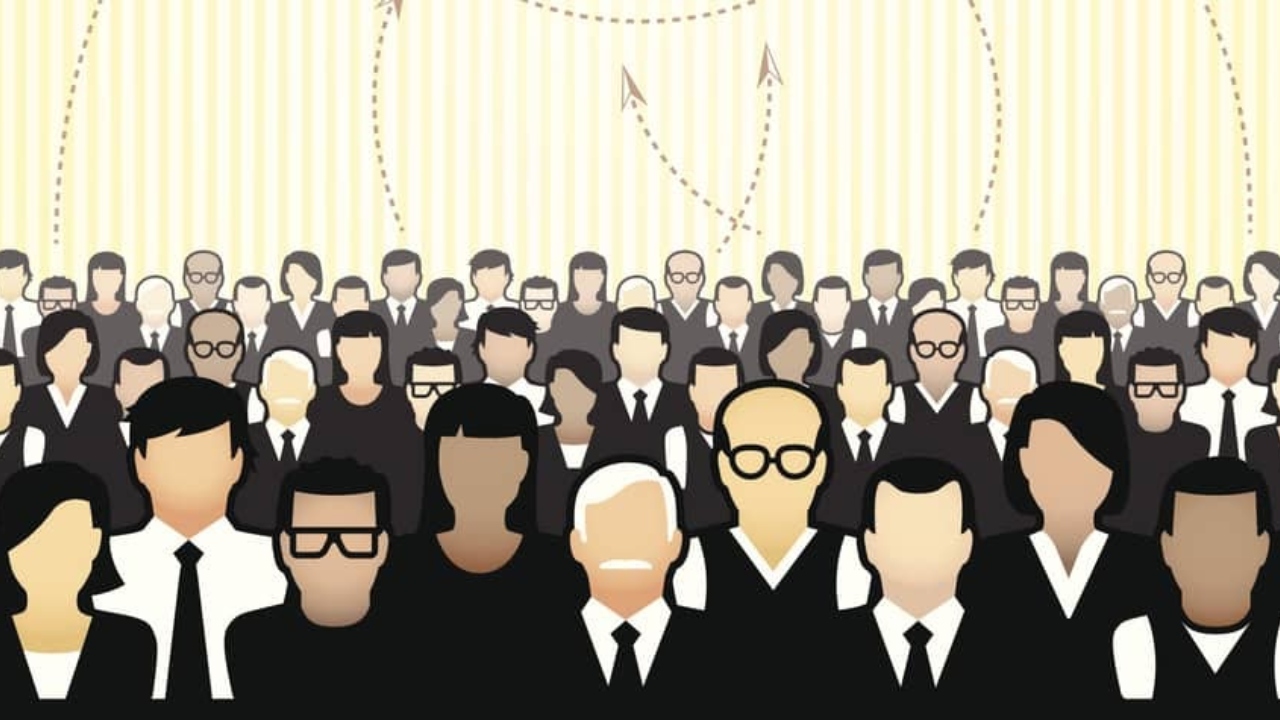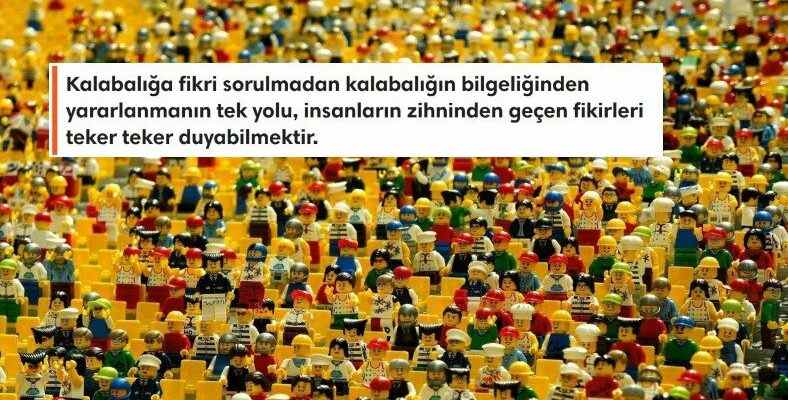Can decisions made independently by large groups of people in problem solving or decision making be more accurate than the answers given by experts in aggregate? According to the wisdom of the crowds, the answer is yes.
in 2004 James Surowiecki A book written by him attracted great attention with its title and propositions. The Wisdom of the Crowds This book was also very popular. So what was the wisdom of these crowds?
Instead of getting a little expert opinion independent of each other getting opinions from the crowd may be healthier than the opinion given by a small group of experts. Thus, it will be possible to obtain a result that is closer to reality, rather than the estimation of a certain group of experts. At least that’s what the wisdom of the crowds upholds. Let’s exemplify this:
Can you approximate a calf’s weight at 1 kg?
One of the important days for the Islamic world recently. Eid-al-AdhaWe celebrated. I went to a cow in the sacrificial market alone “300 kilos of meat come out of this animal” I can say, but it is not possible for me to estimate the weight of the animal or something, because it is not a subject that I understand. If you ask someone whose job is animal husbandry, you can look around the chest of the animal. estimating the cow’s weight As the general rule, it says 60% of the weight. (I think I understood a little bit, I’m not sure now.) Let’s say we have a few experts, but these experts think that animals are fed salt and fattened, and yet this year’s animals do not eat much meat. The figures for this group may be lower. If we stand by the cow and ask everyone’s opinion, the arithmetic mean we get is very close to reality it could be.

In fact, there is a very common example of this. Francis Galtoncoincides with a competition at a farmers’ festival in Plymouth, England. It is asked how many kilograms of boneless meat will be produced from the ox that is put on the stage in the competition. A grand prize will also be awarded to the farmer with the closest guess. Approximately 800 farmers write their predictions one by one on a piece of paper.
The boneless meat weight when the ox is slaughtered is very close to the arithmetic mean of the estimates. In this method, where each farmer’s estimate is equally weighted, the result is in the probability distribution. 1% close. Those who know statistics will agree that this prediction is quite successful. Galton also explained this situation as the common mind of ordinary farmers is superior to the individual mind of an expert.
But are the crowds always right?

Crowds may have correctly guessed the amount of meat that can come out of a cattle, but crowds may not always be right. The author of the book, Surowiecki, believes that certain conditions must be met for the wisdom of the crowd to be active. At the very beginning of these variation is coming. So the wisdom of the crowd doesn’t work very well when asking a question to people who all agree.
A second point is a centralized structure It is effective in reaching the right results of the collective mind. Timely action could not be taken in the famous Columbia space shuttle accident because the common sense of the engineers was not taken seriously by the upper echelon.

The third factor is be independent when making decisions. At the core of democracy, everyone should be able to decide independently, but Honduras had become so dependent on banana production and the giants in the banana market that people had to vote according to their wishes. The word Banana Republic has already been said for this country.
The fourth and final decision is, of course, bIr decision-making mechanism that is. The only way to benefit from the wisdom of the crowd without being asked for their opinion is to hear the ideas that pass through people’s minds one by one. This is only in the X-Men movies something, of course. However, getting the general opinion of the crowd on such forecasting issues gives a chance to get an accurate result.
On social media, we hardly see the wisdom of the crowd.

Now we said above that people’s independent estimates are put together and everyone has equal weight When we work in an environment, the crowds make very accurate predictions. Then we added the conditions for this. So what happens if these conditions are not met? What we need to do to get the answer to this question is actually very simple: to social media to look.
Seeing some content on social media “What the hell, why is this popular?” do you say This is because of algorithms acting on the wisdom of the crowds. Let’s say you went and started to follow hamburger-related content on a social media platform, then the algorithm started to show you hamburger content. everything so far normal.
Then a popular hamburger maker came along and made things that looked like hamburgers but weren’t. eating as a joke challenge He made something up. Here he made bread from sponge, cheese made of plastic, put rubber pieces as meat, etc. All of a sudden this is nonsense challenge it became popular just because that burger place is famous. You, too, are exposed to this content just because you liked hamburgers at the time. Just because the person who shared the first post is popular and gets interaction, people start to like this content more and make it themselves.
Worse still, as humans, we tend to imitate the behavior of those around us. There are various social and psychological reasons for this, but it is undeniable that we have a tendency. Especially in small groups Interactions made cause an error in the evaluation of the data. Due to this error, a worthless content becomes valuable in the eyes of the algorithm and is constantly shared and highlighted.
Let’s give more realistic examples.

Let’s say the hamburger example is a bit absurd, in fact, we see these problems very often. When a false news is made, people suddenly start to share it because there can be posts that are suitable for their own views or the social environment they want to be accepted. If nothing else, people can accept things as true just because something is popular. redirected to facebook manipulating elections Remember your claims. At the time, Facebook was accused of constantly imposing a single view by putting like-minded people into an echo chamber.
That is, the wisdom of the crowd is weak, even where people can see and interact with each other’s ideas. more stupid than wise can transform. After all, estimating cow weight isn’t the same as judging someone’s comment on a topic you see as your mentor. Already, technology platforms are looking for ways to prevent these manipulations.
